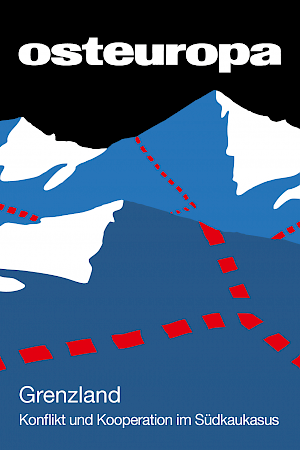Holidays for the People
Transnational Memory in the Southern Caucasus
Deutsche Fassung
Abstract
At the start of the 20th century, monuments in public space were almost unknown in the Southern Caucasus. It was only under the Soviet regime that holidays and monuments were introduced. The purpose of these forms of remembrance was to mobilize and integrate the multinational society. Following the precept “national in form, socialist in content”, medieval poets were assigned a “national culture” and glorified. To prove the validity of historical materialism, they were interpreted as transnational precursors of socialist thought and instrumentalised. Shosta Rustaveli, Nizami, and the folk epic “David of Sasun” thus became part of the Soviet heritage. Post-Soviet cultural policy has stuck to this path. The same elites work in the same bureaucratic structures and operate in the same state system of honorary titles and awards. Even the Soviet form of remembrance remains largely unchanged.
(Osteuropa 7-10/2015, pp. 487–514)



